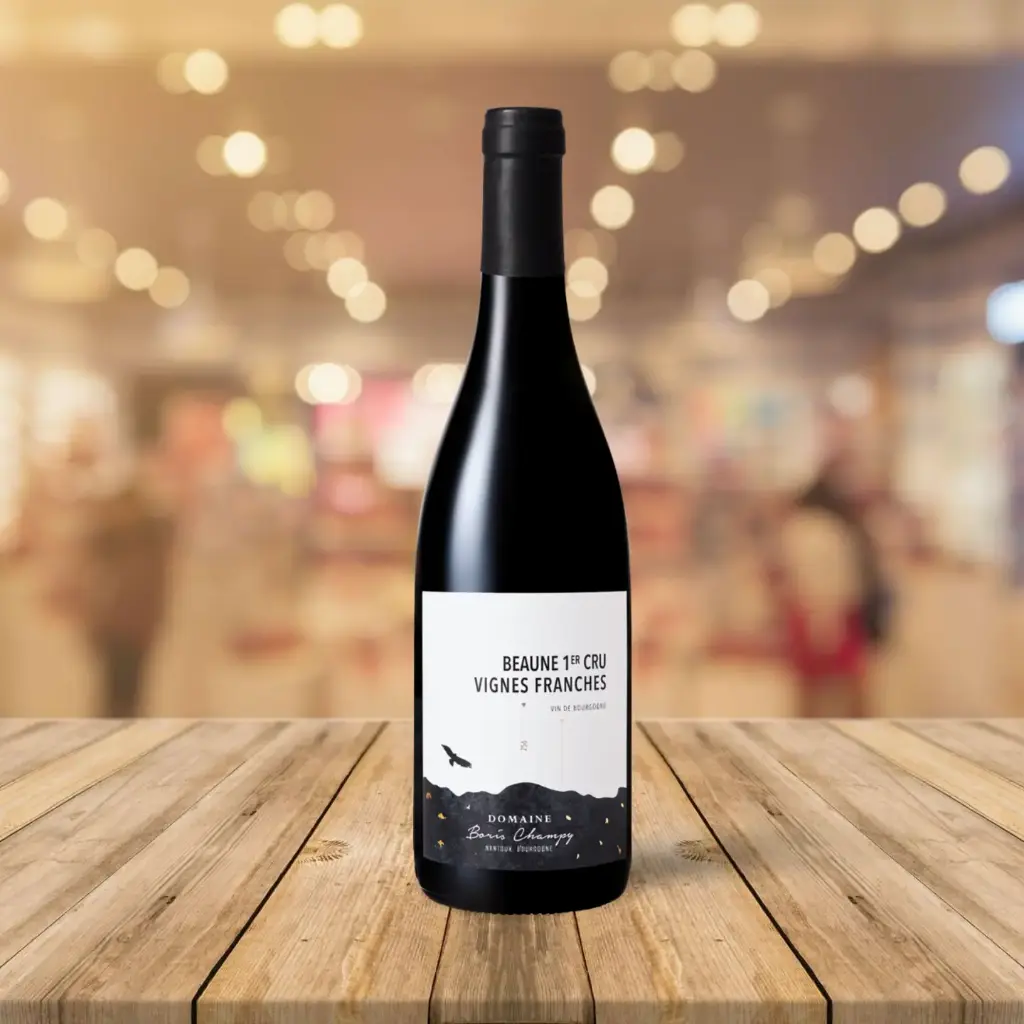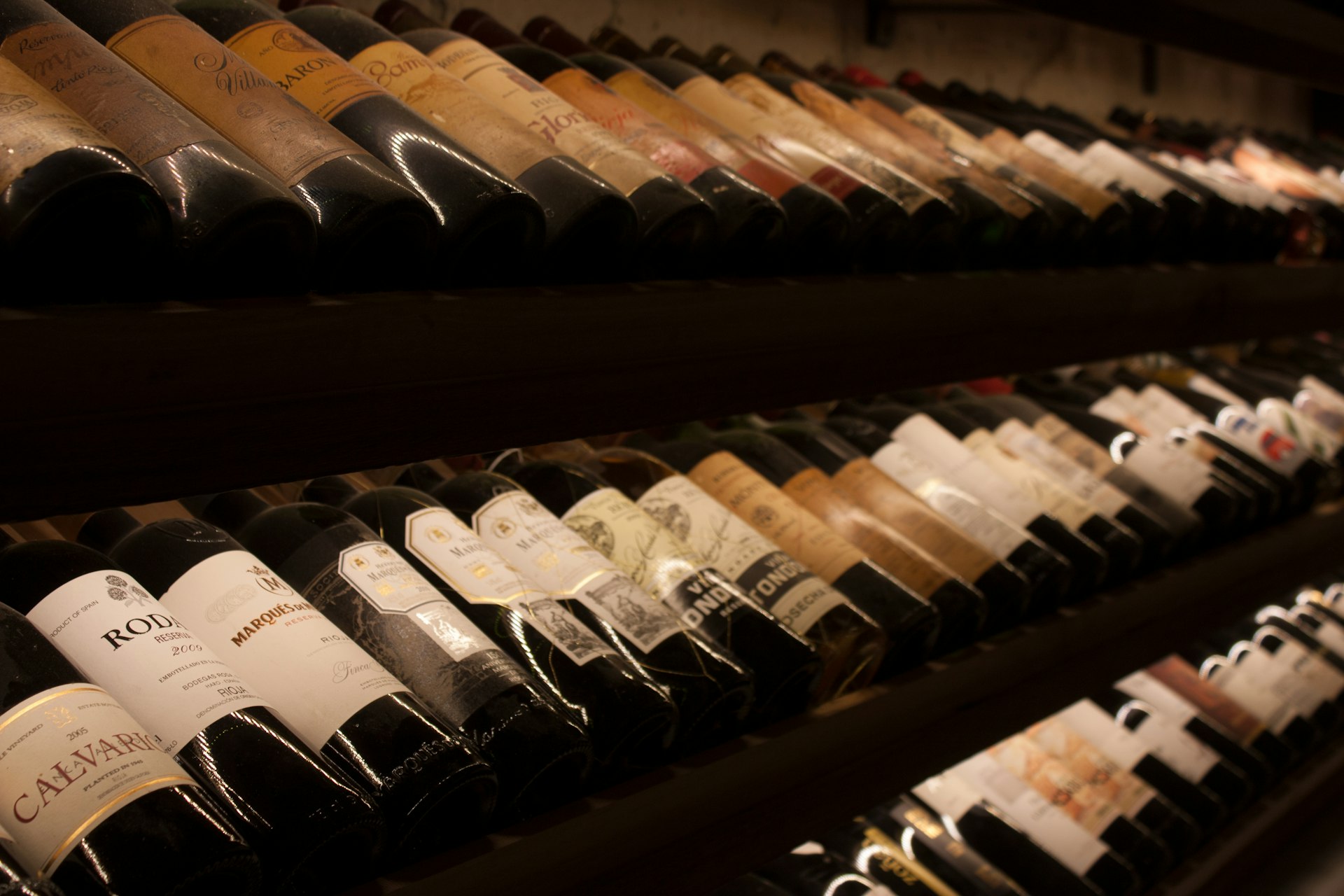The Estate
 Born in 1974, Boris Champy is originally from the Champagne region. A trained oenologist, he first spent ten years in California’s Napa Valley, working at the Dominus estate. He then became Technical Director at Domaine Louis Latour in Beaune, followed by Estate Manager of Clos des Lambrays in Morey-Saint-Denis. He has also served as president of the Corton ODG and was a founder of an environmental protection association. On a more personal level, Boris is an accomplished triathlete and passionate about history.
Born in 1974, Boris Champy is originally from the Champagne region. A trained oenologist, he first spent ten years in California’s Napa Valley, working at the Dominus estate. He then became Technical Director at Domaine Louis Latour in Beaune, followed by Estate Manager of Clos des Lambrays in Morey-Saint-Denis. He has also served as president of the Corton ODG and was a founder of an environmental protection association. On a more personal level, Boris is an accomplished triathlete and passionate about history.
Over the course of these formative years, numerous encounters allowed him to develop not only a thorough expertise from vineyard to cellar but also an entrepreneurial spirit that led him, midway through his life, to establish his own estate.
In 2019, with no successor in place, Didier Montchovet chose to entrust Boris Champy with his estate and, most importantly, with the philosophy he had upheld since 1984. The handover was smooth and began informally during the 2019 harvest, in which Boris Champy took part.
Boris Champy is enthusiastic and confident in the future of the Hautes-Côtes, notably thanks to their altitude in the context of climate change. Alongside neighboring winegrowers, he seeks to elevate the reputation of this beautiful yet still little-known wine region. The objective of Domaine Boris Champy is simple: to highlight the individual lieux-dits, to showcase the microclimates, varying exposures, and other fascinating subtleties.
High up in the hills and valleys of the Hautes-Côtes, Boris practices a style of viticulture that differs from that of the Côte d’Or. The plots are islands of biodiversity, made up of various enclosed parcels, trees, living hedges, dry stone walls and “meurgers,” as well as fruit trees. Boris believes in a holistic approach—an agroecological system that deeply respects the environment.
The Wine
This plot of ungrafted vines is modest: 21 ares, but perfectly located on the south-facing slopes of the Beaune appellation, which is always quite early in maturity. On a poor clay-limestone soil, the vine must draw deeply from the earth for its sustenance. The result is a wine marked by finesse rather than power.
Harvest: manual at the optimum ripeness.
Vinifications: gentle extraction, with a majority of whole grapes, in wooden vats.
Aging: 15 months on average, of which 80% is in new barrels, all crafted artisanally by the Eric Millard Cooperage.
Tasting
Nose dominated by classic notes of Pinot Noir at its finest: raspberry, cherry, and a hint of warm spices. Velvety mouthfeel, all finesse and length.
To be savored on a beef carpaccio, a roasted poultry, grilled eggplants, a Livarot.


